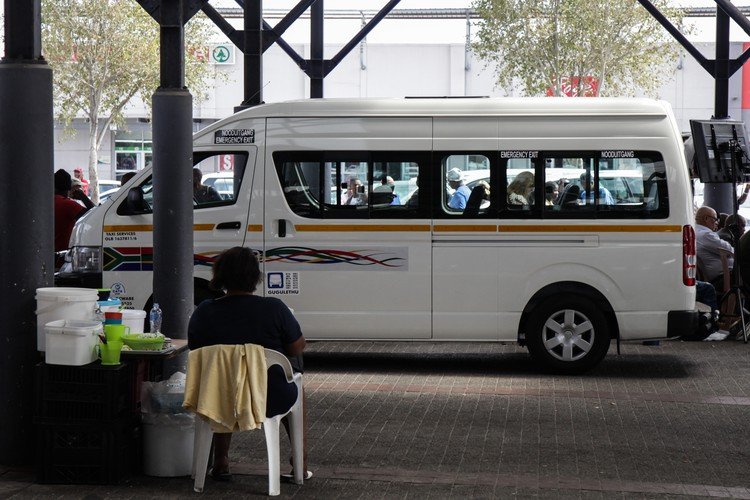
SA’s R90-Billion Taxi Industry Only Pay R5-Million in Tax
While South Africa’s minibus taxi industry is demanding government subsidies, it has emerged that the entire industry pays only R5-million in taxes. The Minister of Finance revealed, during a reply to a DA Parliamentary question, that only approximately R5 million in tax is collected from the entire minibus taxi industry in South Africa. In response, […]

While South Africa’s minibus taxi industry is demanding government subsidies, it has emerged that the entire industry pays only R5-million in taxes.
The Minister of Finance revealed, during a reply to a DA Parliamentary question, that only approximately R5 million in tax is collected from the entire minibus taxi industry in South Africa.
In response, Geordin Hill-Lewis – DA Shadow Minister of Finance, says: “The DA calls on the South African Revenue Service (SARS) to act against tax dodgers in the taxi industry, to ensure that this very lucrative industry pays its fair share.”
He says that now it has confirmed being aware of this tax evasion, the DA will request that SARS brief parliament on the enforcement action it intends to take to bring tax dodgers to book.
According to a 2019 Mail and Guardian report, it put the minibus taxi industry revenues at R90-billion a year.
“This means that the vast majority of taxi operators and owners are declaring no corporate tax income at all, and are not paying payroll tax for their drivers and employees,” says Hill-Lewis, in a statement issued today.
“It is illegal to under-declare income and to evade paying taxes. This is a crime under the Tax Administration Amendment Act, carrying a possible prison sentence of two years.
“It is also unfair to law-abiding, diligent members of the tax paying public. And this undermines tax morality in the whole country. South Africans will start to ask: ‘why should I pay, if others get away with not paying?'”
In the Minister’s reply, he does set out some proactive actions SARS is taking to address this problem. However, says Hill-Lewis, these actions are focused on education and voluntary compliance, and not with enforcement.
“We will not be able to fix the state, or repair government finances, if entire profitable industries just boycott paying tax. This sets a dangerous precedent for the future. We call on SARS to brief Parliament as soon as practically possible,” says Hill-Lewis.
